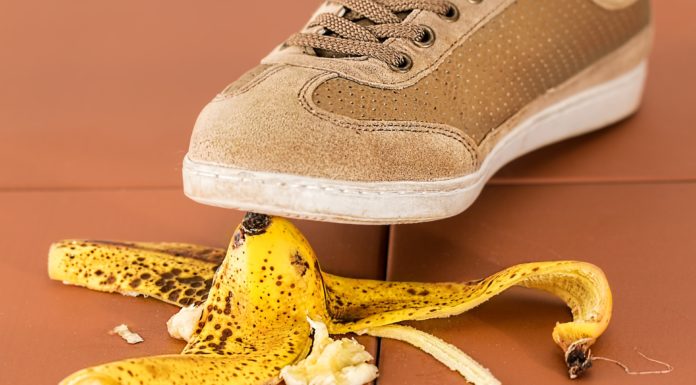All businesses make use of the latest technology and equipment for operation, marketing and customer support purposes. This is all well and good until time comes when you need to dispose of your old devices.
E-waste can pile up on storage rooms and corners where broken, ancient and unused electronics gather dust, which begs the question- what do you do when it gets too big? How about the tech that gets replaced by a faster or more efficient one? You could be bypassing regulations on e-waste and wouldn’t even know it. Here is a useful guide on how you can dispose of your small business’ electronic products in a proper manner.
The WEEE Regulation
Up until now, many local and small businesses don’t know what to do with their old machines. They assume that it’s okay to throw it in the disposal bins and have collectors get it or keep it in storage.
In 2003, the WEEE, or Waste of Electrical and Electronic Equipment was brought into being, which means that dumping your old electronics is no longer allowed. This keeps the items from ending up in landfills and polluting our environment by leaching toxic metals and chemicals.
Basically, WEEE covers any and all products that needs to be powered using batteries or by plugging them into an outlet, including smartphones, tablets, TVs, computer monitors, electronic clocks, keyboards, mice and large ones such as printers, fax machines and specialized equipment for your business. You can take a look at whether or not your item is covered by WEEE; if there’s a logo of a crossed-out bin, then it shouldn’t be thrown in the bin.
WEEE was created so that dumping of electronic waste could be prevented. In our smartphones, there are hazardous substances, e.g., mercury, lead and others that could leach into the soil and kill off organic life. Moreover, it could seep into our drinking water supply and cause a disaster. Electronics may also contain metals such as copper or gold within their circuit boards which can be harvested, recycled or recovered. Computer cases, TVs and monitors will have aluminum and steel material that can be recycled or turned into a new product.
Disposing of Electronic Waste
Small business owners will have a role to play in the global e-waste epidemic. It’s everyone’s job to ensure that old tech get properly disposed of in the most sustainable manner.
Fortunately, it’s easy to start a green movement and make it a point to recycle old tech responsibly.
You can start out by trying to power it on and examining the general condition of the item. For MacBooks, PC desktops and laptops that still work, you can donate it to a charitable institution or sell them wholesale. Don’t forget to do a hard reset or a data wipe so you and your customer’s personal and financial data are safe.
You can also hand over old electronics to reputable sites such as Plunc, including your Surface Book, PixelBook, Samsung Galaxy, iPad and iPhone and get money to recoup the costs of your investment.
For non-working electronic items, it will be best to contact your local recycling or collection company so they can schedule a pick-up at an agreed time. If it’s not too much or out of your way, you can drop it off to a site where WEEE items are accepted.
Clearing Up Data For Safe Disposal
Taking care of your e-waste business extends to just simply disposing or donating the tech. You’ll need to safeguard your business’ reputation by not leaking invaluable information about your business practices and client’s personal details.
For computers that still work, it’s best that you should plug it in, turn it on and complete a hard drive reformat. Simply deleting the files while leaving the operating system intact is not enough, especially if it contains sensitive data. Look for a complete reformat or even a feature in your system that allows multiple wipes to ensure no file or data remains.
If the device doesn’t power on anymore, then take out the hard disk drive before disposing of it. You can call on specialized companies to destroy the media for you. For companies that have IT support, you can have them do a complete wipe before donating, recycling or selling it.
Check for the following equipment as well.
Smartphones and Mobiles. Remove the SIM card, external storage cards and do a factory reset.
Routers. Perform a factory reset so your company name and Wi-Fi password won’t be discovered.
External Hard Drives. Do the same wipe as you did the computers so sensitive data won’t be left behind.
Participating in the right e-waste practices can mean a lot for your business’ reputation and brand. When you show your clients and audience that you’re committed towards a brighter, greener future, trust increases, and more people will want to do business with you.




































